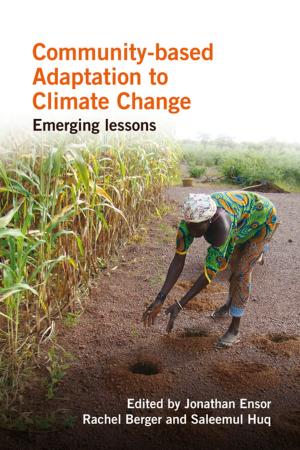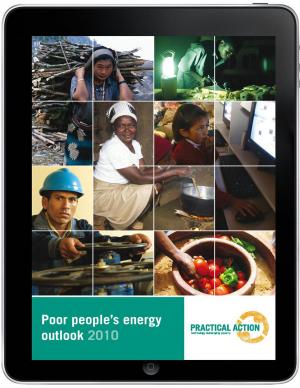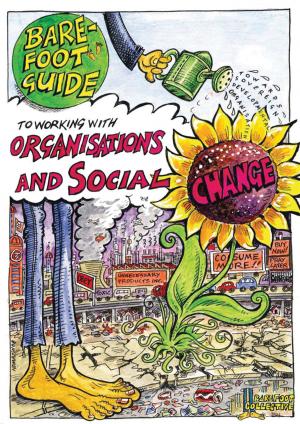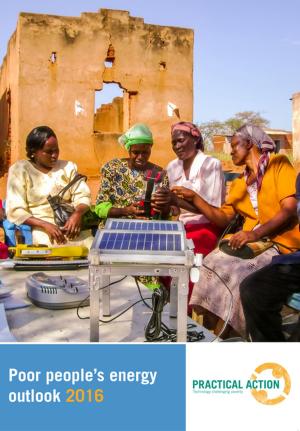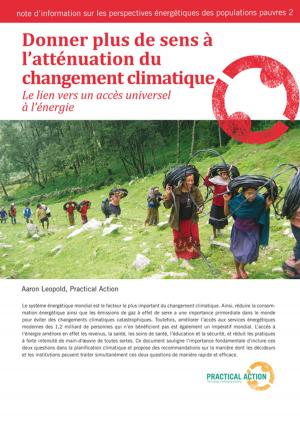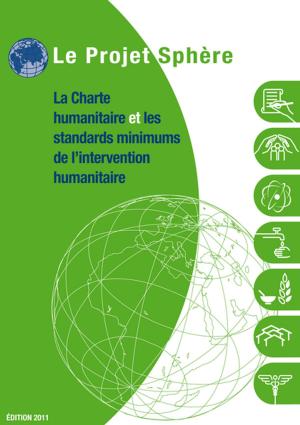Scaling up Agroecology
Nonfiction, Reference & Language, Reference, Social & Cultural Studies, Social Science| Author: | Chris Henderson | ISBN: | 9781780449180 |
| Publisher: | Practical Action Publishing | Publication: | September 15, 2015 |
| Imprint: | Practical Action Publishing | Language: | English |
| Author: | Chris Henderson |
| ISBN: | 9781780449180 |
| Publisher: | Practical Action Publishing |
| Publication: | September 15, 2015 |
| Imprint: | Practical Action Publishing |
| Language: | English |
To eradicate extreme poverty means focusing on the 500 million smallholders so they can reliably generate more food and income from their agricultural activities. This paper uses the three pillars of Technology Justice (access, local innovation, and sustainable use of technologies) to assess the range of agricultural development pathways available. Agroecology emerges as the strongest pathway for leaving no one behind and meeting the triple challenge of productivity, sustainability and poverty eradication, as outlined in the Sustainable Development Goals. This policy briefing presents existing evidence and research in agroecology alongside case studies of successful initiatives with scalable potential, particularly where market systems are at the core of development practices. Considering the barriers to scaling up agroecology, the paper recommends that development actors work together to identify incentives to enable systemic change, through facilitating market systems and private-sector engagement in agroecological production and value chains.
To eradicate extreme poverty means focusing on the 500 million smallholders so they can reliably generate more food and income from their agricultural activities. This paper uses the three pillars of Technology Justice (access, local innovation, and sustainable use of technologies) to assess the range of agricultural development pathways available. Agroecology emerges as the strongest pathway for leaving no one behind and meeting the triple challenge of productivity, sustainability and poverty eradication, as outlined in the Sustainable Development Goals. This policy briefing presents existing evidence and research in agroecology alongside case studies of successful initiatives with scalable potential, particularly where market systems are at the core of development practices. Considering the barriers to scaling up agroecology, the paper recommends that development actors work together to identify incentives to enable systemic change, through facilitating market systems and private-sector engagement in agroecological production and value chains.


